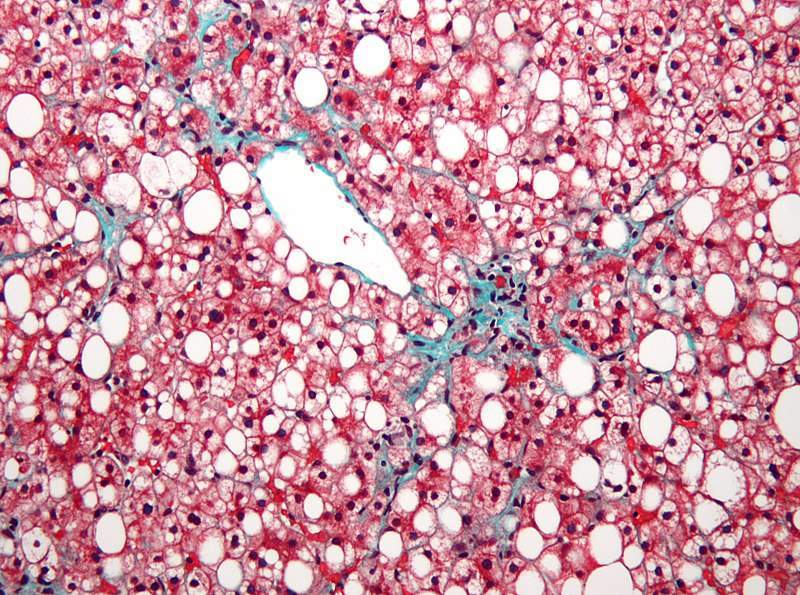
The BreathID 13C-MBT will be used to evaluate patient response to therapy.
The studies are designed to evaluate the safety and efficacy of its investigational therapy BMS-986036 (PEG-FGF21) in patients with NASH and either compensated liver cirrhosis (NCT03486912), or Stage 3 liver fibrosis (NCT03486899).
The BreathID platform is already commercially used as a standard of care test for Helicobacter pylori (H. pylori) infection. It is presently being tested in two other NASH trials to evaluate therapeutic response.
The BMS-986036 studies are being undertaken in the US and Japan.
Participants at select sites in the US will have the option to take part in a sub-trial using MBT to evaluate treatment response of patients receiving BMS-986036 or placebo, an exploratory endpoint in the study.
Exalenz Bioscience CEO Raffi Werner said: “NASH is a major cause of cirrhosis accompanied by varying stages of fibrosis and affects millions of people globally.
“A key challenge in diagnosing and managing NASH patients is the need for periodic invasive liver biopsy procedures to monitor disease progression. MBT could be an important noninvasive tool to monitor liver health and assess response to therapy in this large and growing patient population.”
In the noninvasive point of care breath-based MBT test, a patient will be asked to drink a half glass of a tasteless solution that is metabolized exclusively in the liver.
The exhaled breath of the patient will be automatically collected and assayed with the BreathID system for measuring the amount of a specific breakdown product of the solution, which reflects the rate of liver metabolism.
Apart from evaluating MBT to monitor NASH patients, it is also being developed to identify CSPH in the advanced NASH patient population, as well as in monitoring patients with confirmed diagnoses of acute liver failure (ALF).
Exalenz said the ability to monitor patients with a simple, noninvasive test has the potential to improve the management and outcomes of patients with a range of liver diseases.
More than 400 US medical centers and major labs across the country already use the BreathID Hp.






